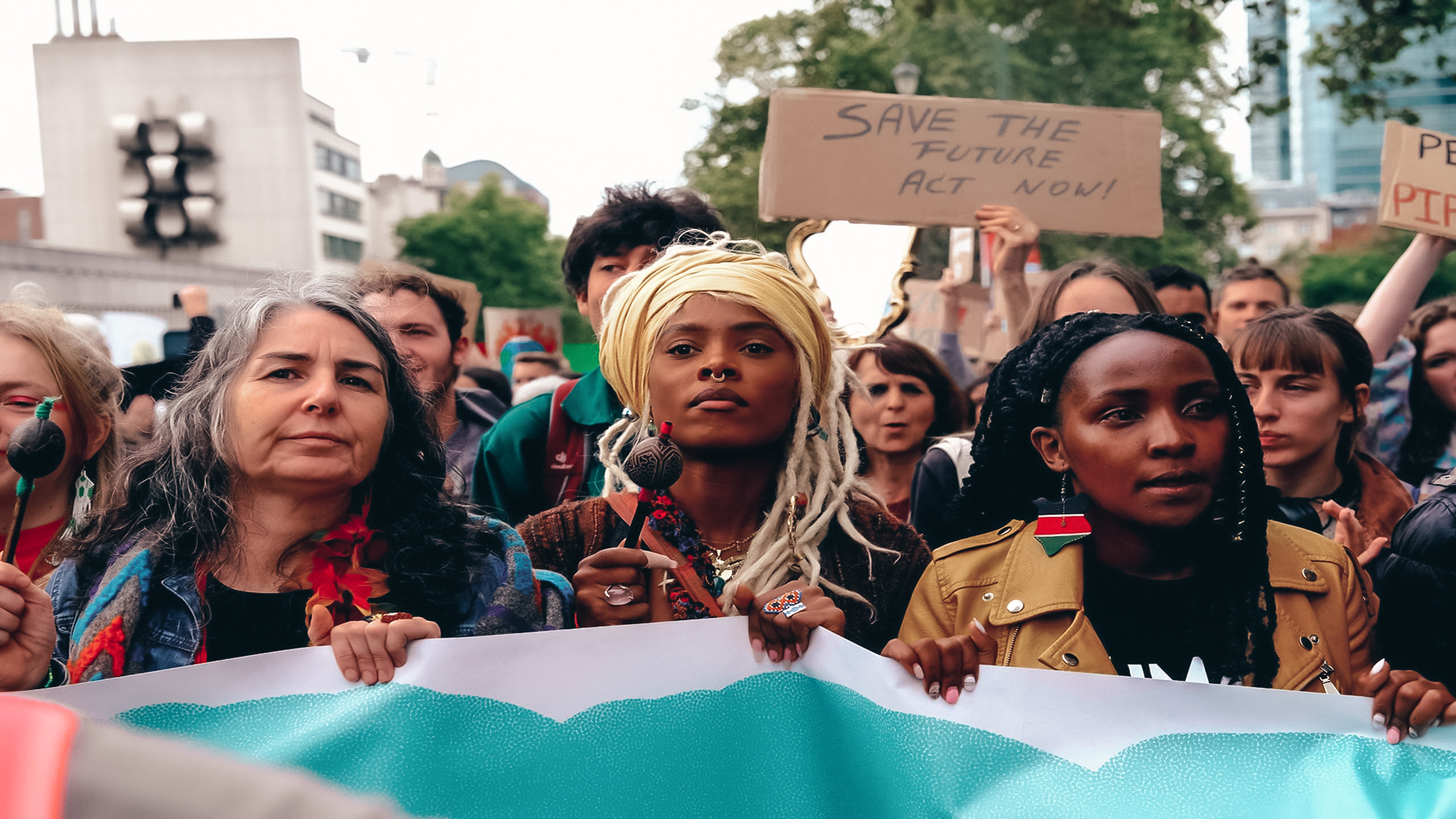Youth activism has been one of the hallmarks of the last decade. We have Greta Thunberg’s ‘Friday’s for Future’ that sees schoolchildren striking across the world to protest against climate change. Zero Hour, a US youth-led climate justice organisation holds protests and marches to demand change from governments and corporations. Plastic Free July, a global movement that began in 2011 with environmental activists in Australia involves pledging against plastic for a month. These are all examples of how the youth are leading the way for a greener planet. However, less attention is paid to the children and young adults that are from the communities who are experiencing the devastating realities of climate change first-hand. Refocusing the attention to the voices who speak from out for their own communities as well as the wider world, these are five young female activists who are taking a stand for sustainability.
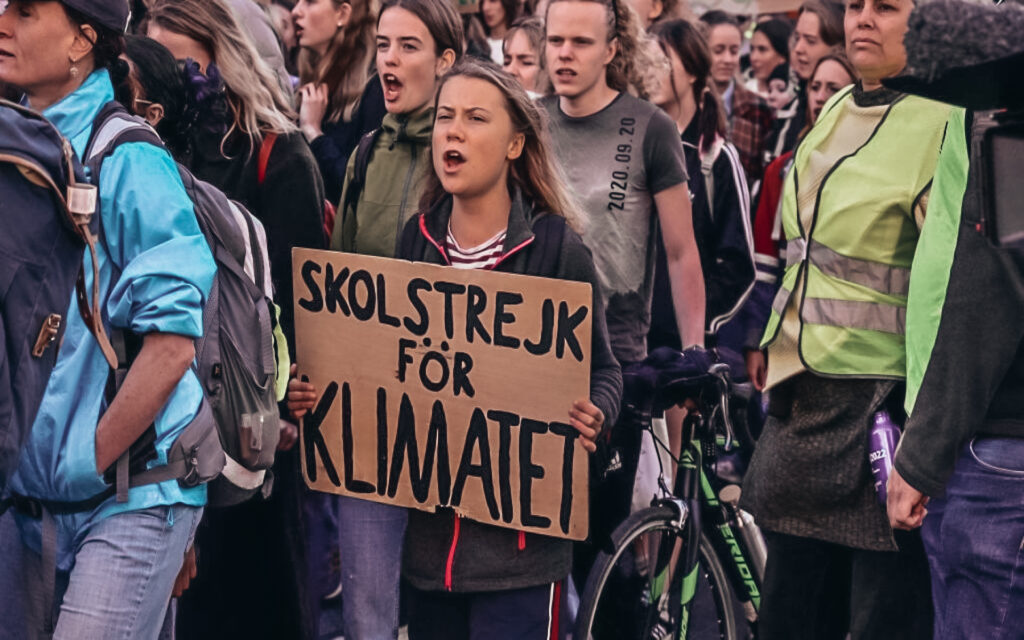
Vanessa Nakate
Vanessa Nakate, born in Kampala in 1996, is a Ugandan climate activist and founder of the RISE UP Movement. Growing up in a community that was heavily reliant on agriculture, Nakate and her family saw first-hand the impacts of climate change. Unpredictable weather patterns, reduced rainfall, and challenging temperatures would all contribute to lower crop yields.
Inspired to become an environmental activist, Nakata began using social media in 2018 to raise awareness regarding climate change and its very real impacts. Organising protests and demonstrations in Kampala, she began to gain national attention, as well as garnering followers on her Twitter and Instagram channels. In 2019, Vanessa travelled to Katowice in Poland, to attend the United Nations Climate Change Conference (COP24). However, becoming later excluded from a press conference with other young activists, Vanessa recognised how she faced was based on her race and nationality.
This experience motivated Vanessa to establish the RISE UP movement, which aims to empower and amplify the voices of climate activists from underrepresented communities. She also started the Green Schools Project, which aims to transition schools in Uganda towards solar energy. Gaining international recognition from news outlets and papers across the world, Vanessa has been vocal against polluting countries and corporations, arguing African nations should receive compensation for these damaging activities.
By promoting climate justice, advocating for policy change, and engaging with young people to inspire them to take action on climate change, Vanessa has become a voice for African youth and communities in climate policy and decision-making.
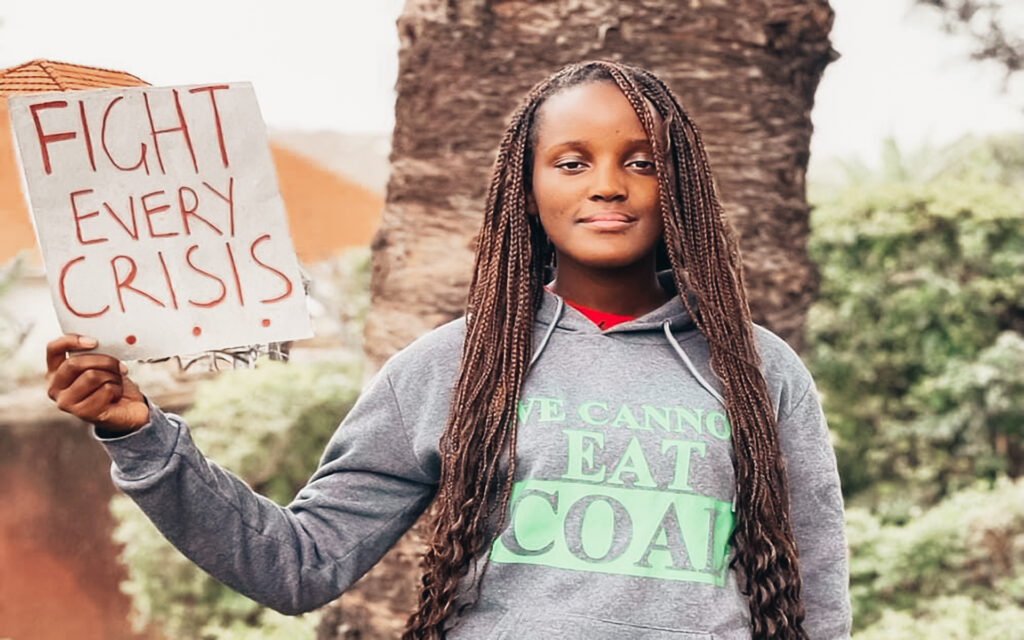
Helena Gualinga
Hailing from the Kichwa community of Sarayaku in the Ecuadorian Amazon, Helena Gualinga is an environmental activist fighting against oil drilling in the rainforest. The Kichwa have been challenging the oil companies in their region for decades. They have organised peaceful protests, legal battles, and pushed for international recognition towards their land and way of life. Helena has become an active participant, speaking at international forums and using her social media channels to raise awareness of the devastating impacts of oil drilling on indigenous communities and the environment.
The protagonist in the documentary ‘Helena of Sarayaku’ which premiered at the Environmental Film Festival in Quito, Ecuador, Helena has become a spokesperson for many indigenous Ecuadorians. Speaking at COP25, she used her position to challenge the corporations being given access to Indigenous territories by the Ecuadorian government.
Highlighted as one of Time Magazine’s 100 Next list in 2019, at the age of just 17, Helena is proving herself as vital in the fight for environmental justice and upholding the rights of Indigenous peoples.
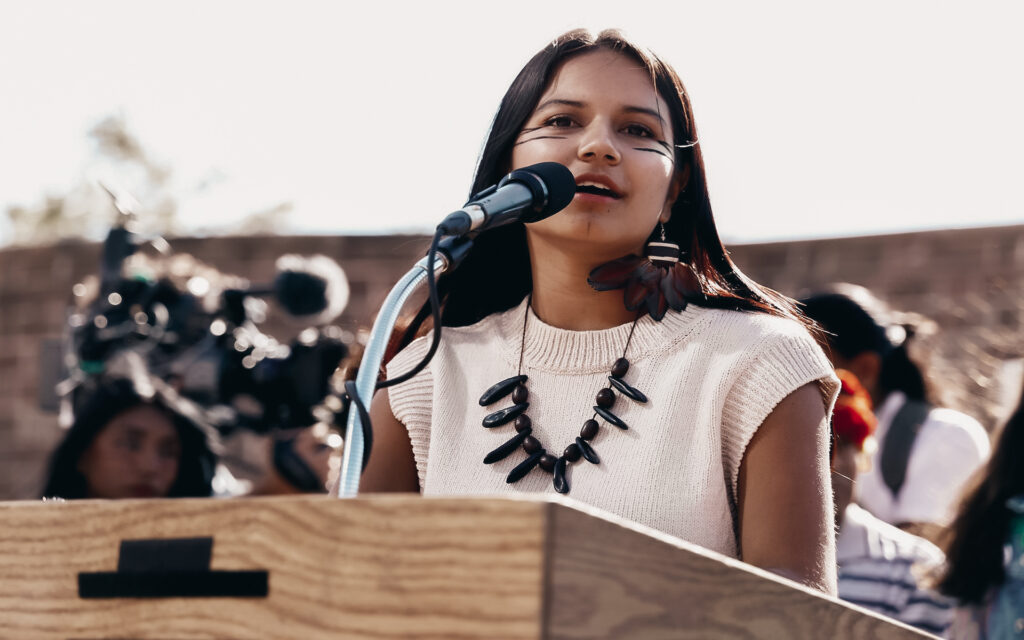
Ridhima Pandey
With her interest in activism sparked at only five years of age, Ridhima Pandey is an environmental activist from India who has been fighting climate change since she was just nine years old. Witnessing the devastating impact of the 2013 floods in Uttarakand, India, Ridhima was incensed at the lack of protection that was being delivered by the Indian government against these climate-caused natural disasters. Deciding to take action, she filed a petition against the Indian government in 2017. She demanded they reduce greenhouse gas emissions to curb the occurrence of such horrors.
Involved in several high-profile climate actions, including participating in the global climate strikes and speaking at international forums such as the COP25 climate conference in Madrid, Ridhima emphasises the importance of involving young people in the fight against climate change. She continues to call for urgent action to protect the planet for future generations, leading to her being named one of TIME Magazine’s 25 Most Influential Teens of 2019. In addition to promoting sustainable living practices and advocating for the protection of India’s forests and wildlife, Ridhima is an example of how one is never to young to become involved in saving our planet.
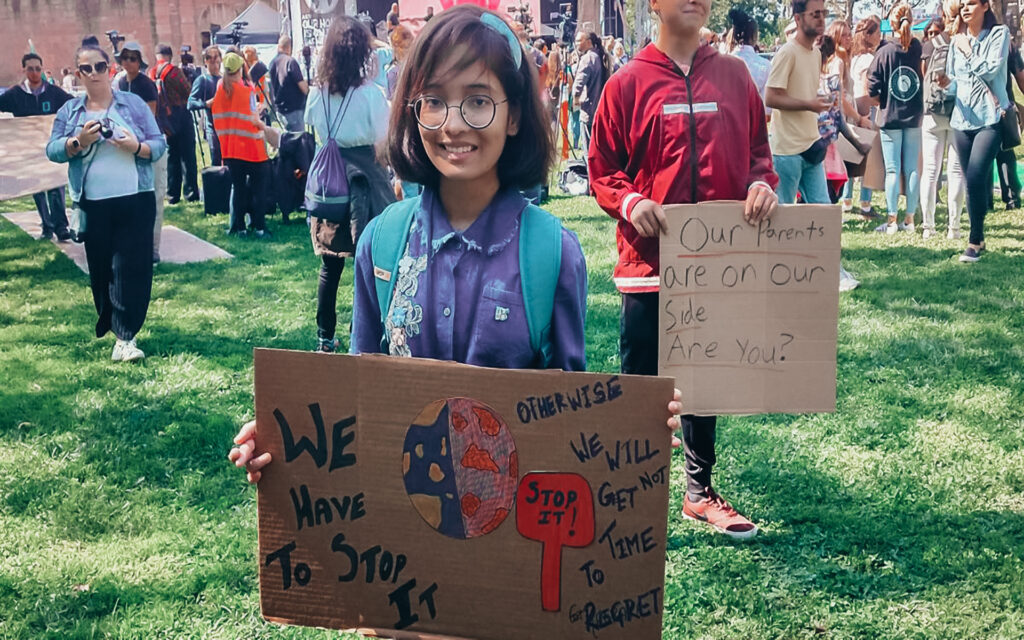
Melati and Isabel Wisjen
Sisters and co-founders of the youth-driven NGO Bye-Bye Plastic Bags (BBPB), Melati and Isabel Wisjen have been leading a movement against plastic since 2013. Growing up in Bali they witnessed first-hand the impact of plastic pollution on their island. The two sisters started a petition calling for a ban on plastic bags a decade ago, alongside organising beach clean-ups and raising awareness through presentations and distributions of plastic bag alternatives. From collecting over 100,000 signatures for a petition at Bali International Airport, to even staging a dawn-to-dusk hunger strike that led to the Balinese governor promising to make Bali plastic free by 2018, the Wisjen’s have been instrumental in getting Balinese businesses, politicians, and local populations to recognise the importance of reducing their plastic footprint.
The pair were named two of the most influential teen of 2018 by Time Magazine. That happened after organising Bali’s biggest beach clear-up in 2018 with over 20,000 volunteers collecting 30kg of plastic, . They also began another campaign called One Island, One Voice. It recognized the restaurants and markets in Bali who committed to being plastic free, helping to incentivise and reward those who were taking the problem seriously.
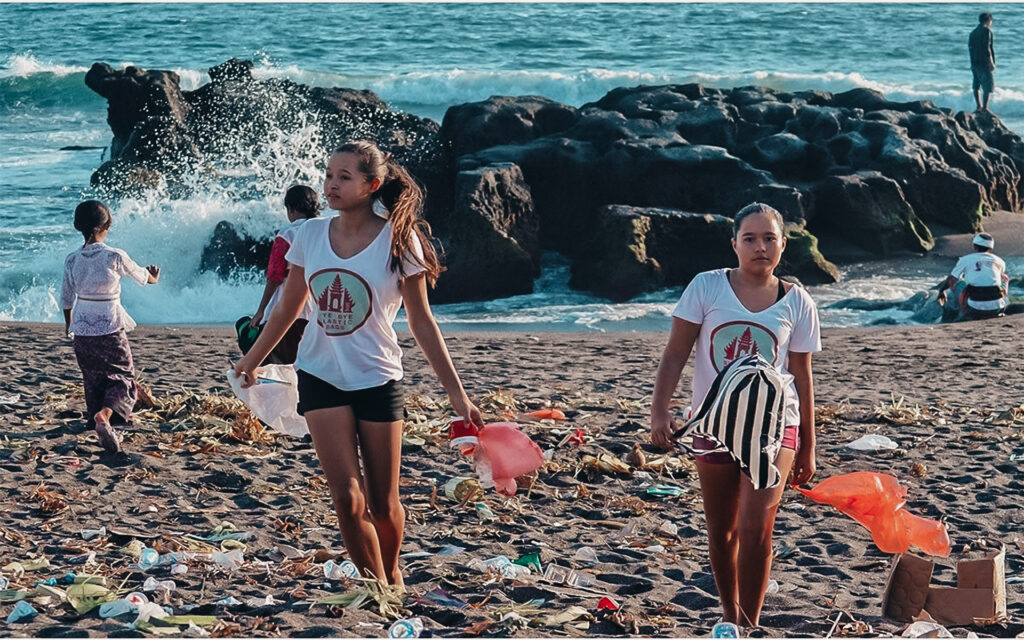
Everyday, and Everyone, for the Future
These five young female activists are each fantastic examples of how environmental activism within your own communities can make the biggest changes on a global scale. With their drives for change being sparked through a range of motivations, and having impacts far beyond their own localities, Vanessa, Helena, Ridhima, Melati and Isabel prove just how loud the voices of the youth can be, and just how many people are eager to listen.


